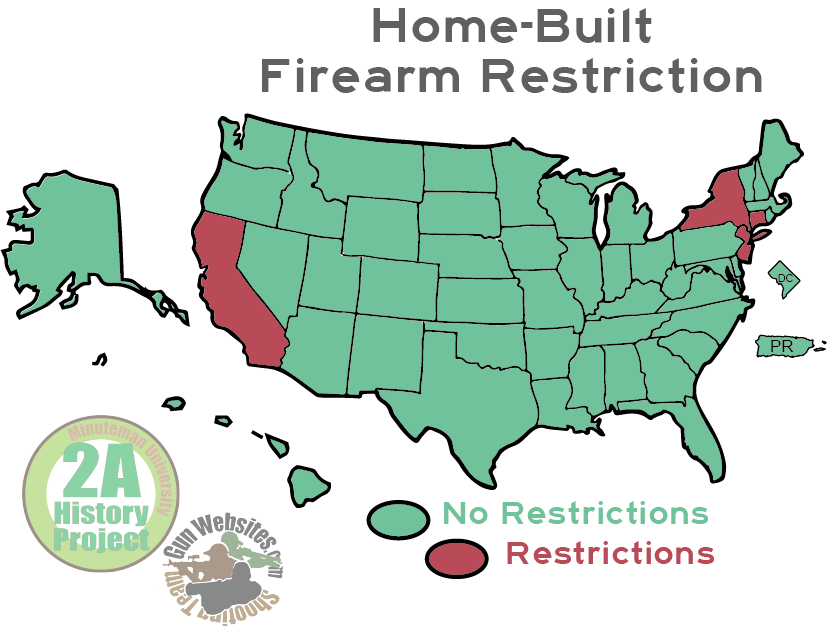80% firearm kits, sometimes called “unfinished receivers,” refer to firearms that are partially manufactured and require some degree of assembly or finishing by the end user in order to become functional. These kits typically contain an unfinished receiver that is not classified as a firearm under federal law until it is completed.
The origin of 80% firearm kits can be traced back to the Gun Control Act of 1968, which required all firearms to have a serial number and be traceable by the Bureau of Alcohol, Tobacco, Firearms, and Explosives (ATF). However, the law also included an exemption for firearms that were not yet completed, such as unfinished receivers.
In recent years, 80% firearm kits have become increasingly popular among gun enthusiasts and hobbyists who enjoy building and customizing their own firearms. These kits are often marketed as a way to exercise Second Amendment rights while avoiding background checks and registration requirements.
However, the availability and use of 80% firearm kits have also raised concerns among law enforcement officials and gun control advocates, who argue that these kits can be used to build untraceable “ghost guns” that are difficult to detect and regulate.
In response to these concerns, some states and municipalities have enacted laws and regulations that restrict or prohibit the sale and use of 80% firearm kits. Additionally, the ATF has recently proposed new rules that would require manufacturers of unfinished receivers to include a serial number and conduct background checks on customers who purchase these kits.
